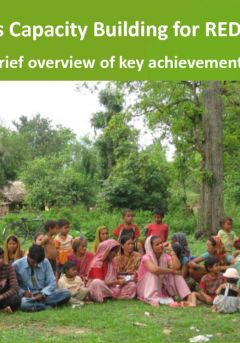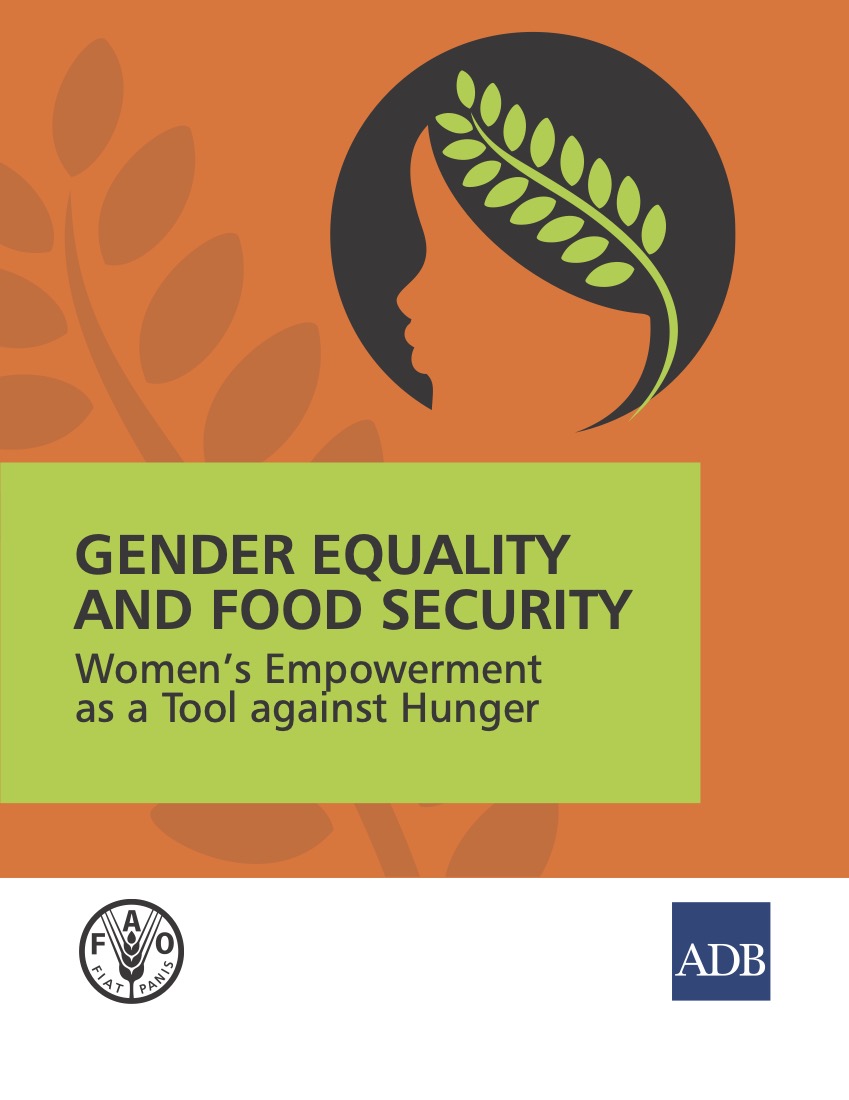Under What Circumstances and Conditions Does Adoption of Technology Result in Increased Agricultural Productivity? A Systematic Review
New technology that enables sustainable and profitable production of food and fibre is critical for both food security and economic development. Whether framed in terms of modernisation, productivity enhancement, poverty reduction, social protection, environmental protection or adaptation to climate change, technical change is at the heart of most agricultural policy, programmes and projects. From a development perspective, a nagging question is why the benefits of new agricultural technology often appear to by-pass poorer farmers – even when they are the ‘target’ group.






